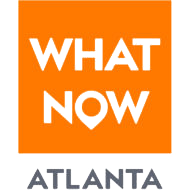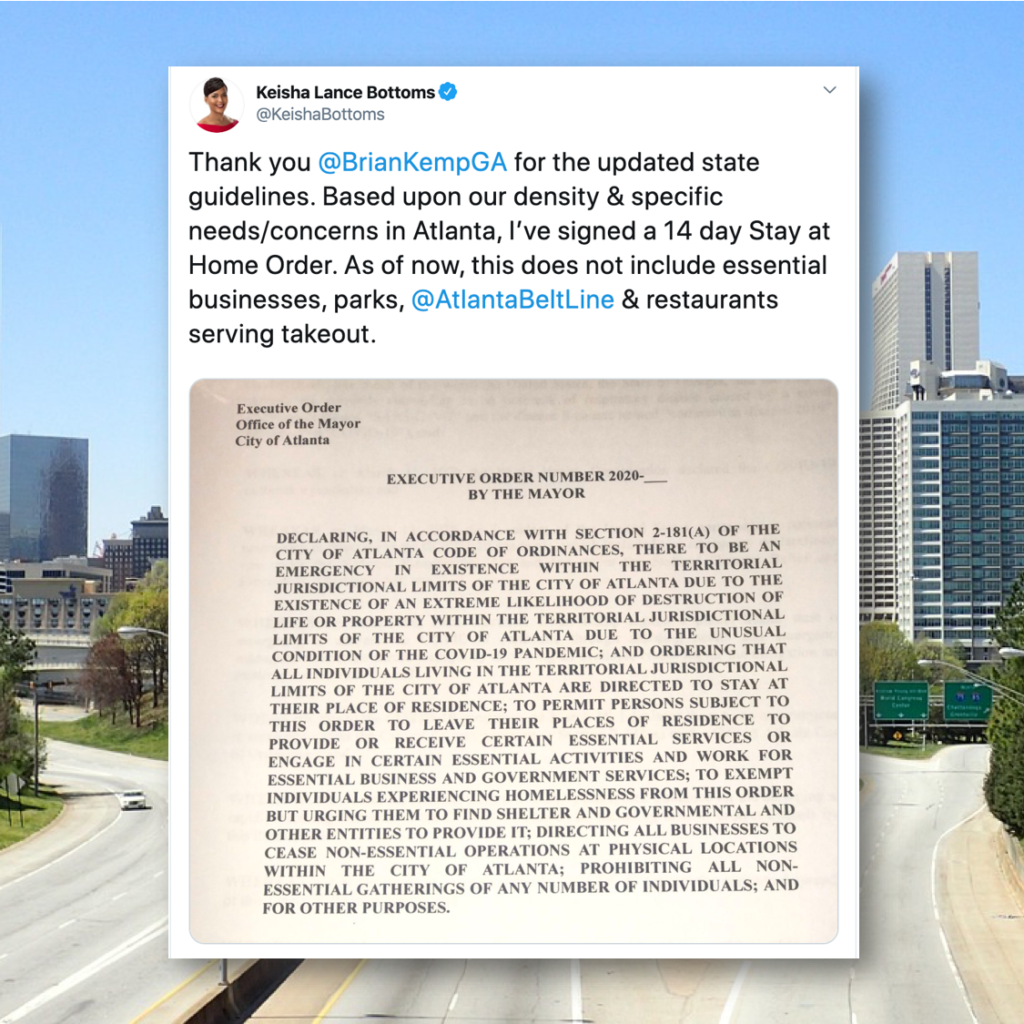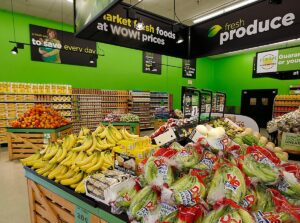The City of Atlanta in its latest move to “slow the spread” of COVID-19 is ordering all of its citizens to stay at home, for nonessential businesses to close, and is prohibiting nonessential gatherings.
Sign up now to get our Daily Breaking News Alerts
It’s the latest response from Mayor Keisha Lance Bottoms to the ongoing novel coronavirus pandemic, coming only days after she issued an Executive Order requiring restaurants to close dining rooms and other businesses like bars and gyms to temporarily shutter completely.
The “stay at home” Executive Order will last 14 days and is effective as of midnight on Tuesday, March 24.
Georgia Governor Brian Kemp on Monday announced watered-down measures, only requiring the “medically fragile,” like Georgians who have already tested positive for COVID-19, to shelter-in-place.
Bottoms on Monday morning told Atlanta City Council she was waiting to issue her stricter “stay at home” order until Kemp had the opportunity to do so, at his request.
Kemp’s order did not rise to the occasion.
“Thank you [Brian Kemp] for the updated state guidelines,” Bottoms tweeted late-Monday after the governor announced his order.
“Based upon our density & specific needs/concerns in Atlanta, I’ve signed a 14 day Stay at Home Order. As of now, this does not include essential businesses, parks, Atlanta BeltLine and restaurants serving takeout.”
Under the new order, restaurants can continue offering its delivery services which now include alcohol to-go.
While residents are being asked to stay at home, the City is allowing people to leave their residence for essentials like groceries and visits to the pharmacy, and are encouraged to go outside for walks while practicing safe social distancing guidelines.
Here’s a complete list of “essential” businesses that can remain open during the 14-day period as outlined in the order:
- Healthcare Operations and Essential Infrastructure
- Grocery stores, farmers’ markets, farm and produce stands, supermarkets, food banks, convenience stores, and other establishments engaged in the retail sale of canned food, dry goods, fresh fruits and vegetables, pet supply, fresh meats, fish, and poultry, and any other household consumer products (such as cleaning and personal care products). This includes stores that sell groceries and also sell other non grocery products, and products necessary to maintaining the safety, sanitation, and essential operation of residences
- Food cultivation, including farming, livestock, and fishing
- Businesses that provide food, shelter, and social services, and other necessities of life for economically disadvantaged or otherwise needy individuals
- Newspapers, television, radio, and other media services
- Gas stations and auto-supply, auto repair, and related facilities
- Banks and related financial institutions
- Hardware stores: lodging businesses (e.g., hotels, motels, conference centers)
- Plumbers, electricians, exterminators, and other service providers who provide services that are necessary to maintaining the safety, sanitation, and essential operation of residences, Essential Activities, and Essential Businesses
- Businesses providing mailing and shipping services, including post office boxes
- Educational institutions-including public and private K-12 schools, colleges, and universities-for purposes of facilitating distance learning or performing essential functions, provided that social distancing of six-feet per person is maintained to the greatest extent possible
- Laundromats, dry cleaners, and laundry service providers
- Restaurants and other facilities that prepare and serve food, but only for delivery or carry out. Schools and other entities that typically provide food services to students or members of the public may continue to do so under this Order on the condition that the food is provided to students or members of the public on a pick-up and takeaway basis only. Schools and other entities that provide food services under this exemption shall not permit the food to be eaten at the site where it is provided, or at any other gathering site. Cafeterias in hospitals, nursing homes, or similar facilities shall not be subject to the restrictions contained in this order.
- Businesses that supply products needed for people to work from home
- Businesses that supply other essential businesses with the support or supplies necessary to operate
- Businesses that ship or deliver groceries, food, goods or services directly to residences
- Home-based care for seniors, adults, or children
- Residential facilities and shelters for seniors, adults, and children
- Professional services, such as legal or accounting services
- Childcare facilities
- Utility, water, sewer, gas, electrical, oil refining, roads and highways, railroads, public transportation, taxi/rideshare, solid waste collection and removal, internet, and telecommunications systems (including the provision of essential global, national, and local infrastructure for computing services, business infrastructure, communications, m1d web-based services).
[Editor’s note: The novel coronavirus (COVID-19) pandemic is rapidly evolving as is its effect on Atlanta, and the City’s businesses and its residents. Click here for What Now Atlanta’s ongoing coverage of the crisis. For guidance and updates on the pandemic, please visit the C.D.C. website.]







4 Responses
The new ordinance actually prohibits non-essential gatherings of any number of persons. Much stricter than 10 or less.
Nicolaus, good catch. We’ve updated our coverage. Thank you! ~ Caleb
What guidelines are being followed for “essential vs non essential” businesses? In researching other states issuing the same there are some variances using The Homeland Security Essential Businesses list.
What do we do if we work for a business that is no complying with the order and has told the employees that we are to report to work? We have 20 employees and do not remain 6 feet apart from each other. We have the option to work remotely however the owner refuses to put that option into effect.